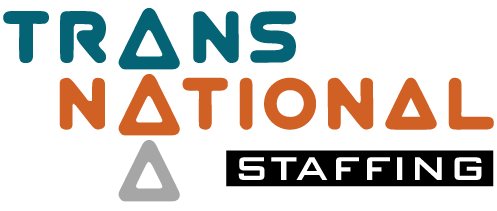
Why do military veterans make great employees?
August 11, 2023
What is the average cost of replacing an employee in the US?
August 22, 2023Temporary work refers to employment arrangements where individuals are hired to work for a specific period, often for a fixed duration or until a particular project or task is completed. This type of employment is also commonly called "temp work" or "temporary employment."
Temporary work can take various forms, including:
- Seasonal Jobs: These are temporary positions created to meet a particular season's demands. For instance, retailers might hire extra staff during the holiday season to handle the increased number of customers.
- Summer Jobs: Many students seek temporary employment during their summer break. These jobs are often in industries like hospitality, recreation, or tourism.
- Holiday Jobs: Similar to seasonal jobs, holiday jobs are temporary positions that arise during specific holidays, such as Valentine's Day, Halloween, or Easter. They involve event planning, customer service, or sales roles.
- Temporary Administrative Roles: Organizations might hire temporary workers for regular administrative staff on vacation, sick leave, or maternity leave.
- Project-Based Jobs: Some companies have short-term projects that require specialized skills or a specific workforce. Temporary workers can be hired to complete these projects without a long-term commitment.
- Event Staff: Events such as conferences, trade shows, and festivals often require additional staff to manage registration, provide customer service, set up booths, and handle various tasks during the event.
- Construction and Manual Labor: In industries like construction, temporary workers might be hired to assist with project-specific tasks that require additional labor for a limited time.
- Data Entry and Temporary Office Support: Organizations may require temporary workers to assist with tasks like data entry, filing, or general office support during peak periods.
- Freelance and Consulting Work: Professionals in writing, graphic design, web development, and marketing might take on temporary freelance or consulting projects for various clients.
Temporary work has benefits for both employers and employees. Employers can bring in specialized skills for short-term needs without committing to permanent positions, and employees can gain experience, earn income, and potentially transition to full-time roles if opportunities arise. However, temporary workers typically don't receive the same benefits and job security as permanent employees, such as health insurance, retirement plans, or paid time off.
It's important to note that temporary work arrangements vary widely based on local labor laws, industry practices, and the terms negotiated between employers and workers.




